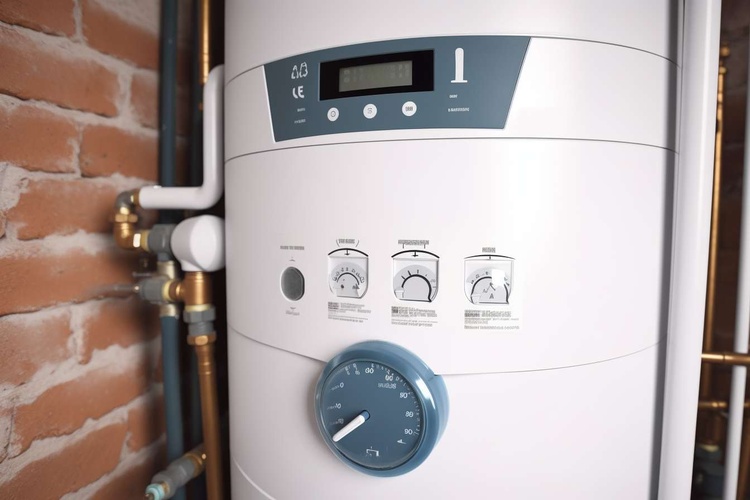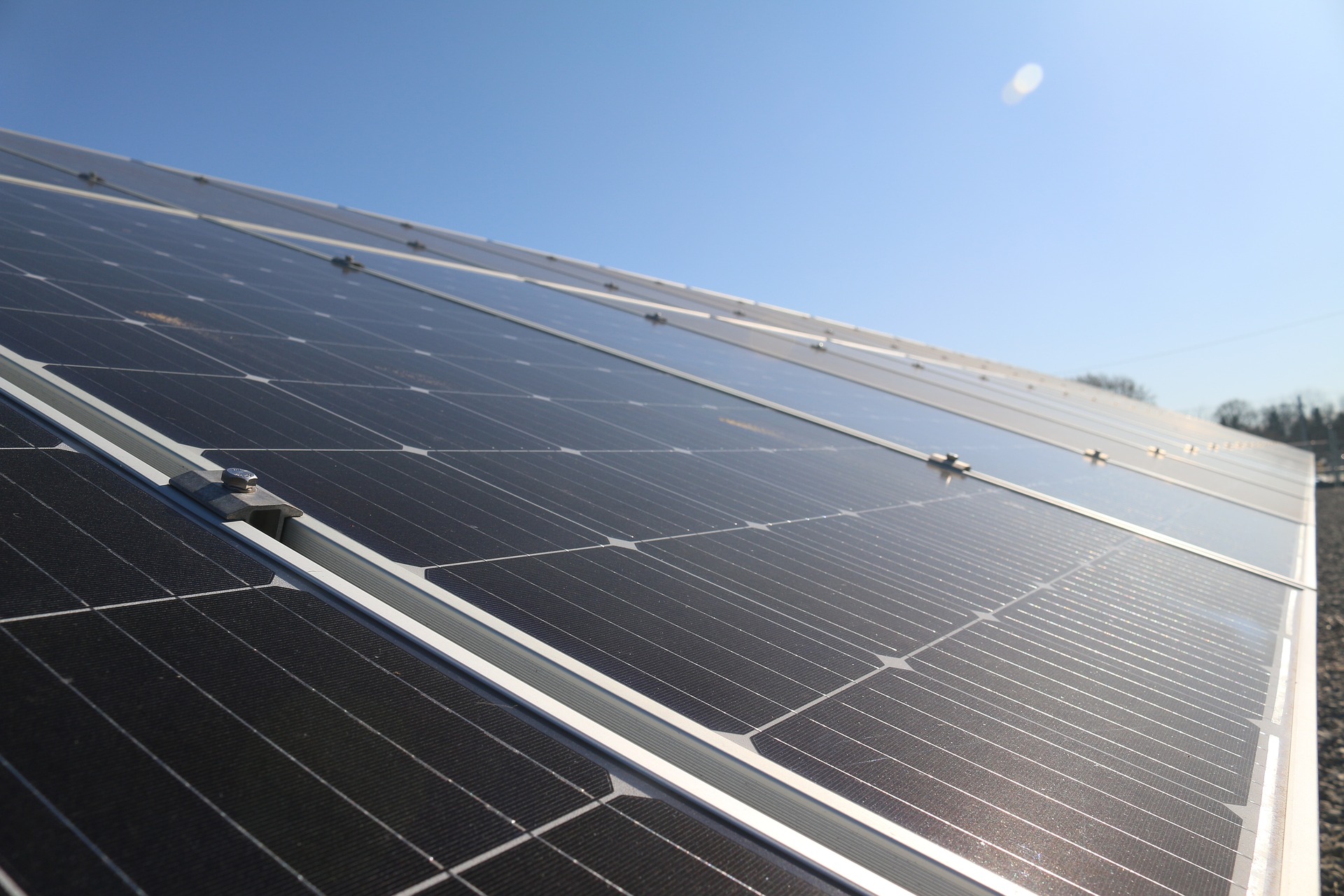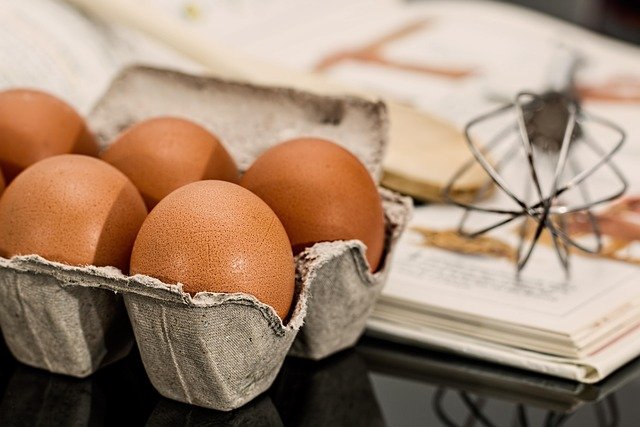Here’s What Boiler Installation Should Cost You
Boiler installation represents a significant home improvement investment that affects both comfort and long-term finances. Understanding the true costs involved helps homeowners make informed decisions without unexpected surprises. This comprehensive guide breaks down the various factors that influence boiler installation costs, including equipment types, labor requirements, and potential additional expenses that might not be immediately obvious when planning your heating system upgrade.

Understanding Boiler Installation Cost Factors
Several key elements determine what you’ll pay for a new boiler installation. The type of boiler you select creates the foundation of your budget, with combi boilers, conventional systems, and system boilers each carrying different price points. Installation complexity also significantly impacts overall costs, with replacement installations typically costing less than first-time setups requiring new pipework and infrastructure. Your geographic location affects pricing too, as labor rates vary considerably between regions, with urban areas generally commanding higher installation prices than rural locations.
The size and output requirements of your system, measured in BTUs (British Thermal Units), directly correlate with cost—higher capacity systems designed for larger homes naturally come with higher price tags. Additionally, the accessibility of your installation location can dramatically affect labor costs, as difficult-to-reach spaces require more time and specialized techniques to complete the work properly.
New Boiler Cost Including Installation
When budgeting for a complete system, understanding the total package price is essential. Basic gas combi boiler installations typically range from $3,000 to $5,500 for standard efficiency models, while high-efficiency condensing boilers command $5,000 to $10,000 with installation included. Oil boiler systems generally cost between $5,000 and $9,000 installed, reflecting their different fuel infrastructure requirements.
Installation labor typically comprises 30-50% of the total project cost, varying based on complexity. A straightforward replacement where infrastructure already exists might require only 6-10 hours of labor, while new installations in homes without existing systems can require 2-3 days of work. Most installers offer package pricing that includes both the boiler unit and standard installation services, though additional work like relocating the unit or upgrading gas lines will incur supplemental charges.
How to Replace Boiler with Tankless Water Heater
Converting from a traditional boiler to a tankless water heater system represents a significant change in home heating approach. This transition typically costs between $4,500 and $6,500 for a whole-house tankless system, including the unit and professional installation. The process requires removing the existing boiler, potentially capping off or repurposing radiator connections, and installing new gas lines and venting systems specifically designed for tankless operation.
The conversion offers several advantages, including space savings with the elimination of the large boiler unit and storage tank. Energy efficiency improvements range from 24-34% for most homes, as tankless systems heat water on demand rather than maintaining a constantly heated reservoir. However, homes with high simultaneous hot water demands may require multiple units or supplemental heating systems to maintain adequate service levels.
Cost Comparison: Different Boiler Types
The type of boiler system you select significantly impacts both initial costs and long-term operation expenses. Understanding these differences helps make financially sound decisions that balance upfront investment against ongoing efficiency.
| Boiler Type | Average Unit Cost | Average Installation Cost | Total Cost Range |
|---|---|---|---|
| Standard Gas Combi | $1,500-$3,500 | $1,500-$2,000 | $3,000-$5,500 |
| High-Efficiency Condensing | $3,000-$6,000 | $2,000-$4,000 | $5,000-$10,000 |
| Conventional Oil | $3,000-$5,000 | $2,000-$4,000 | $5,000-$9,000 |
| Electric | $1,200-$4,000 | $1,500-$3,000 | $2,700-$7,000 |
| Tankless System | $2,500-$4,500 | $2,000-$2,500 | $4,500-$7,000 |
Prices, rates, or cost estimates mentioned in this article are based on the latest available information but may change over time. Independent research is advised before making financial decisions.
Additional Costs to Consider
Beyond the basic installation, several supplementary expenses can affect your total project budget. Permit fees typically range from $50 to $300 depending on your locality, with most municipalities requiring permits for boiler replacements or new installations. System upgrades like zone controls ($500-$2,000), smart thermostats ($200-$500 installed), or water treatment systems ($500-$1,500) provide enhanced functionality but add to costs.
Structural modifications potentially necessary for installation—including venting improvements, chimney liners, new concrete pads for exterior units, or electrical upgrades—can add $500-$2,000 to your project. Removal and disposal of your old system costs between $500-$1,000 when not included in your installer’s package. Furthermore, annual maintenance contracts, while optional, represent wise investments at $150-$300 annually to maintain efficiency and extend system lifespan.
When to Invest in a New Boiler
Timing your boiler replacement strategically can optimize your investment. Most systems show declining efficiency after 10-15 years, with repair costs increasing substantially around this age. If your current unit requires repairs exceeding 50% of replacement cost, replacement generally offers better long-term value. Similarly, energy bills that have increased 30% or more (adjusting for fuel price changes) indicate declining efficiency that might justify replacement.
Seasonal timing affects pricing as well, with many installers offering 10-20% discounts during spring and summer months when demand decreases. Taking advantage of manufacturer rebates, utility company incentives, and potential tax credits for high-efficiency systems can reduce costs by 10-30%, making an otherwise expensive upgrade considerably more affordable.
Understanding these cost factors and timing considerations helps ensure you make informed decisions when facing the significant investment of boiler installation, leading to better long-term heating performance and economic value.




